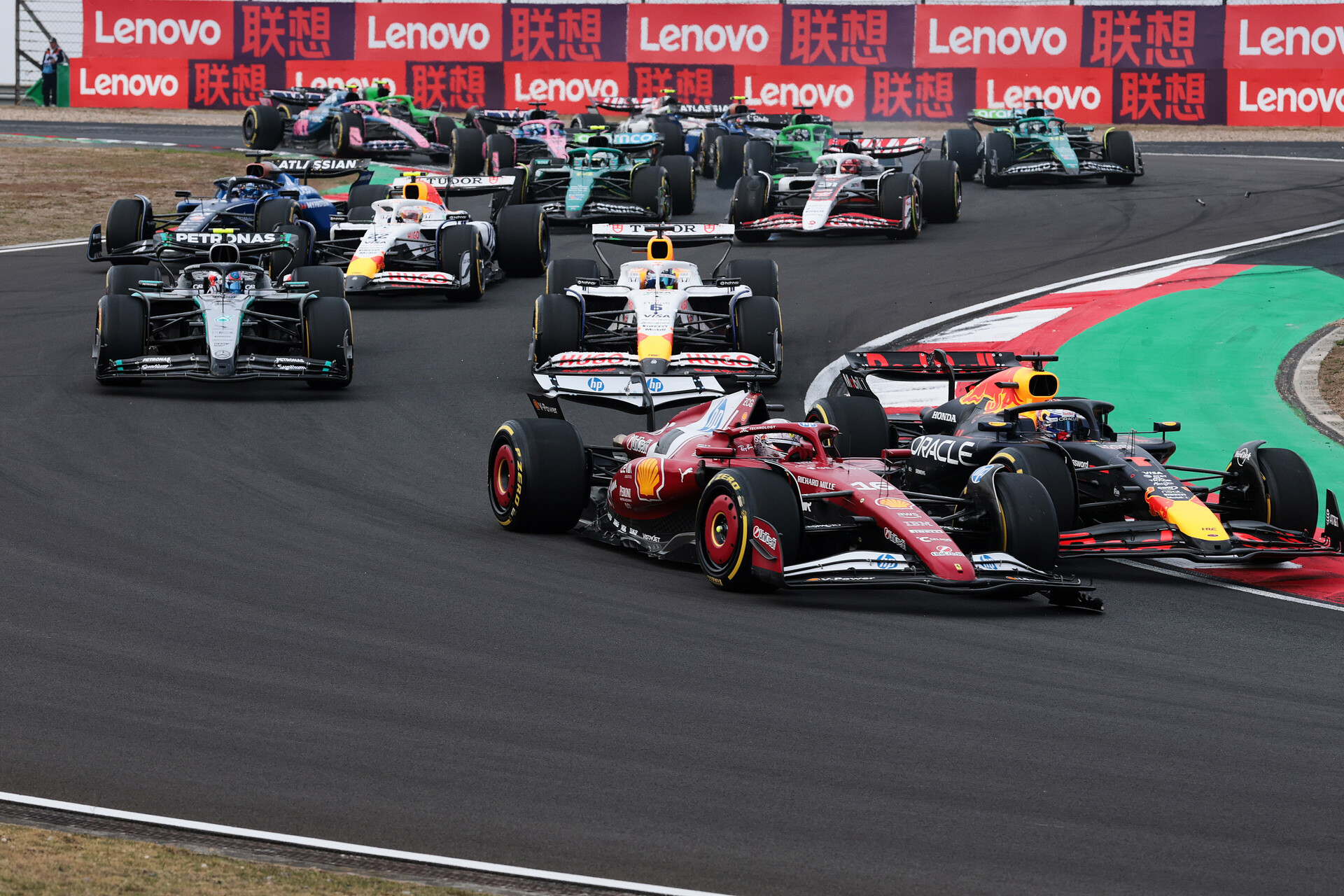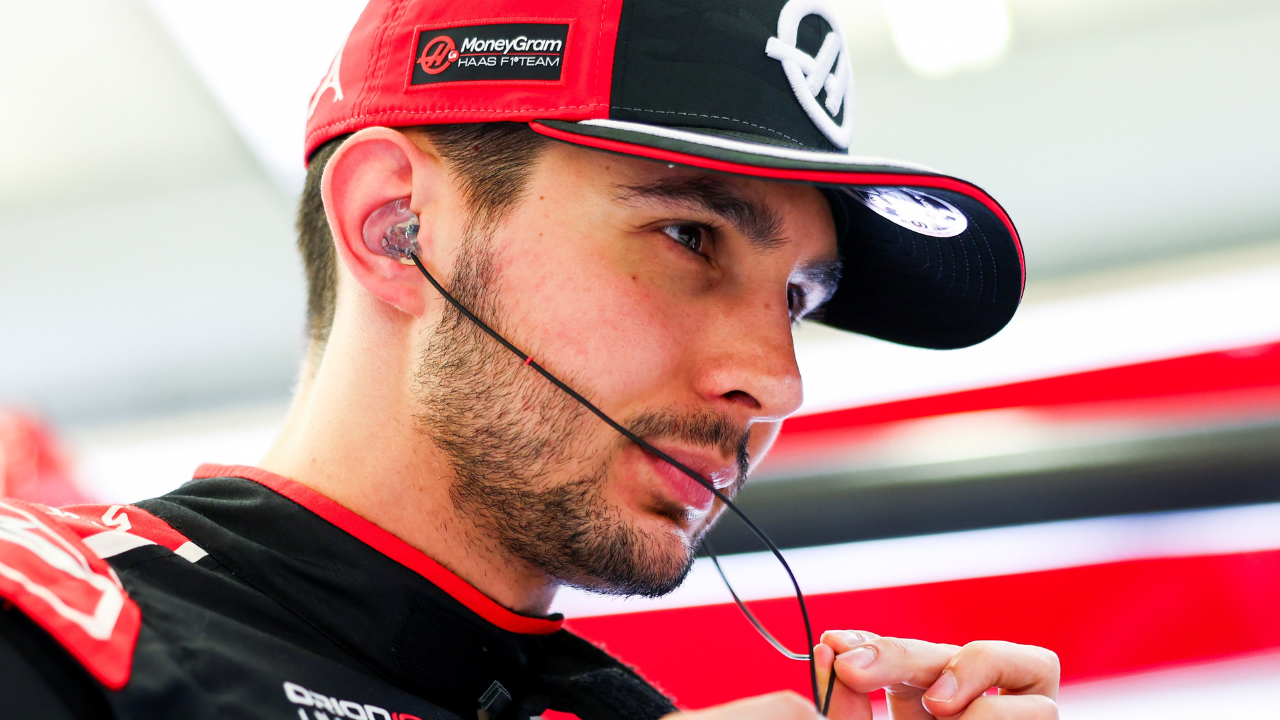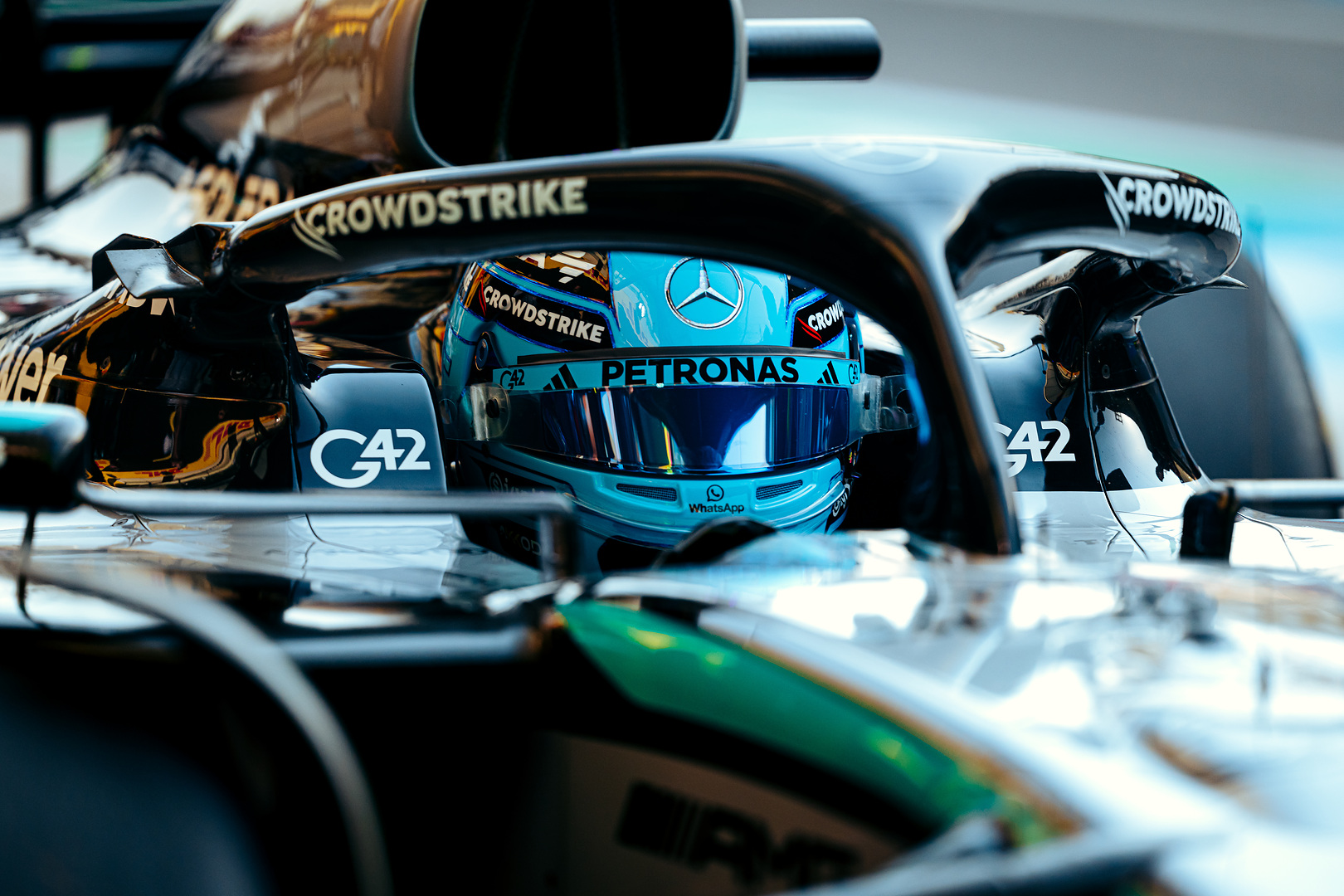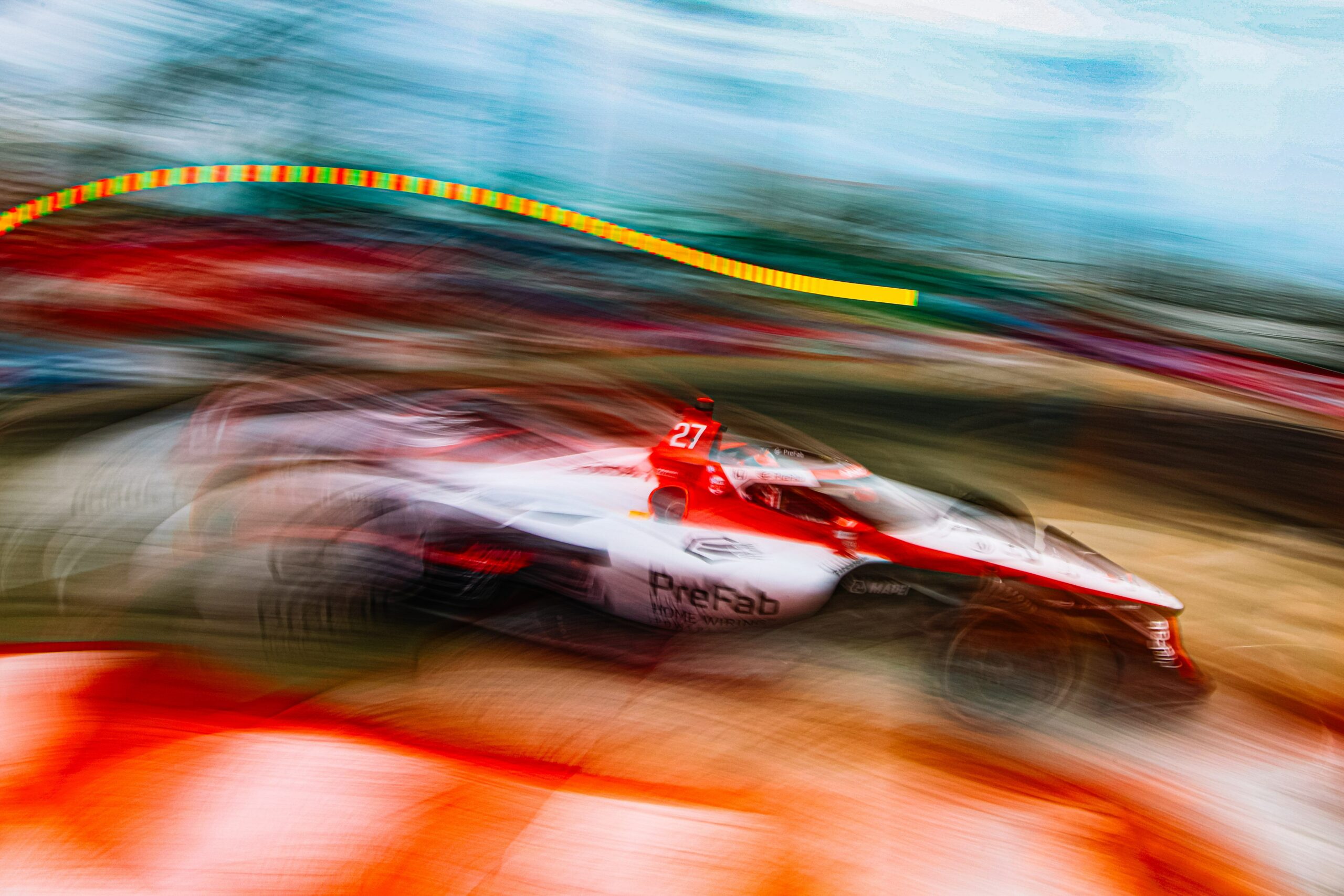Formula 1 looks set to move forward with its 2026 regulations, following a pivotal FIA summit in Bahrain.
The FIA convened a high-level meeting in Bahrain to discuss the 2026 regulations and the future direction of power units in the sport. Chaired by FIA President Mohammed Ben Sulayem, the CEO of FOM Stefano Domenicali and FIA Single-Seater Director Nikolas Tombazis, the gathering brought together many influential figures, including key stakeholders, leadership and representatives from teams and major power unit manufacturers, including Audi, Ferrari, Ford, General Motors, Honda Racing, Mercedes and Red Bull Powertrains.
The “constructive discussions” were intended to assess where F1’s engine regulations should head in the coming years, particularly regarding the potential for V10 engines running on fully sustainable fuels.
The FIA President emphasised that the primary goal of the meeting was to “seek cost-effective solutions to safeguard the long-term sustainability of the sport and the business of Formula 1.”
Commitment to 2026 regulations
In recent weeks talks of a potential shift to V10s began to gain traction, with the possibility of postponing or even scrapping the planned 2026 regulations being tentatively floated in favour of returning to the “fan favourite” F1 V10 engines, run on sustainable fuels. For now, the speculation has been put to rest, as the FIA reaffirmed their commitment to the 2026 regulations concerning hybrid power units.
One of the key takeaways from the meeting was that all parties agreed the new regulations will be introduced as planned, but with some suggested tweaks and refinements being made to address concerns raised by teams and manufacturers.
Discussions focused on topics including:
- Reducing costs of research and development of F1 powertrains
- Building resilience against the fluctuations of the global economy
- Reducing the complexity of Formula 1 Power Units
- Considerations on sustainability, weight reduction in relation to safety, performance, road car relevance, sound and audience appeal
An “engine roadmap” for the future is still being shaped. In addition to the above, various options and timelines for the future were explored, including the potential adoption of “normally-aspirated engines with sustainable fuel.”
The use of sustainable fuel was universally agreed upon as a critical component in shaping the future of F1. The FIA also stated: “consideration will be given to adjustments on financial regulations relating to Power Units as part of broader cost reductions” and that “policing of those regulations will be a priority”.





